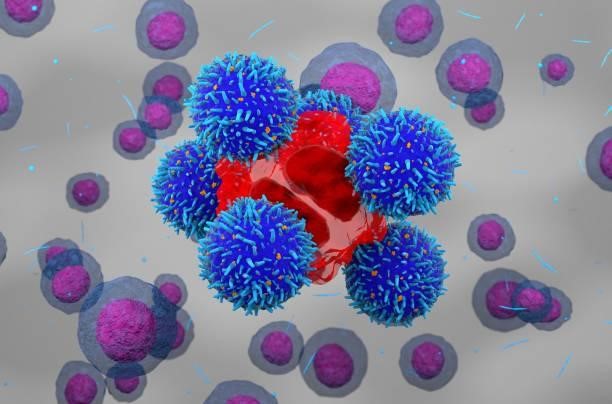
Chemotherapy has long been a standard method for treating cancer. However, through the medical industry’s ongoing efforts to develop a definitive cure, immunotherapy emerged as an equally prevalent and reliable treatment.
Many doctors are administering both simultaneously or sequentially to improve patient outcomes. But how does combining them combat cancer?
Understanding Chemoimmunotherapy
To understand how this synergistic treatment works, let’s first discuss chemotherapy and immunotherapy separately. Both take different yet effective ways of fighting cancer:
Chemotherapy
This treatment involves using powerful drugs or a combination to kill rapidly dividing cells, including tumors. It can function as a neoadjuvant (before surgery) therapy to diminish tumors and make them easier to remove. Alternatively, chemotherapy can also be an adjuvant (after surgery) therapy to eliminate any remaining tumors and minimize recurrence risks.
Immunotherapy
This procedure focuses on conditioning the immune system to detect and fight cancer cells using specially formulated drugs. It has multiple forms, such as cancer vaccines, which bolster the immune system with antigens that destroy residual cancer cells, stop growth, and prevent their recurrence.
Another example is checkpoint inhibitors, which disable checkpoint proteins that shield cancer cells from immune cells and their attacks. Depending on the type of cancer being treated, immunotherapy drugs can be taken orally, infused into veins or the bladder, and injected under or applied to the skin.
Does Combining Both Make a Difference?
Yes. In many cases, merging chemo and immunotherapy eradicates tumors more effectively than using either treatment alone. Chemotherapy breaks cancer cells apart, making them more visible and releasing antigens that trigger the body’s natural defenses to take action.
Supplementing chemo with immunotherapy ensures that the immune system responds immediately and boosts the T-cells’ ability to spot and kill cancer cells. The treatment also targets tumors resistant to chemotherapy drugs, reducing their chances of re-growing.
Chemoimmunotherapy has been proven effective in treating several types of cancer, including cervical, gastrointestinal, triple-negative breast, and non-small cell lung cancer. However, its effectiveness heavily depends on the patient’s cancer type, stage, and overall health condition.
Potential Side Effects
Like in any cancer treatment, chemoimmunotherapy can leave side effects. Since chemotherapy drugs target fast-growing cells across the body, they can mistakenly damage healthy cells, resulting in complications like:
- Diarrhea
- Fatigue
- Hair Loss
- Low Platelet, White Blood Cell, or Red Blood Cell Count
- Mouth Sores
- Nausea
Immunotherapy drugs can inflame healthy cells, causing various immune-related effects like muscle or joint pain, high fever, skin itchiness/rashes, and fatigue. The inflammation can also affect the following:
- Cardiovascular System
- Endocrine System
- Gastrointestinal System
- Nervous System
- Respiratory System
Is Chemoimmunotherapy Right for You?
Merging chemotherapy and immunotherapy offers a more comprehensive and selective attack on cancer, enhancing survival rates and long-term disease control. However, working with a skilled oncologist and care team is crucial since every cancer patient’s circumstances are different. Consult Cochise Oncology today to determine whether this combined approach is ideal for your diagnosis.


 Powered by
Powered by